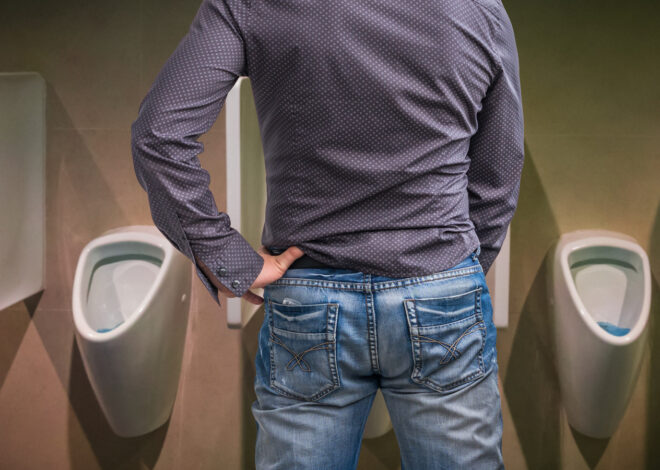
What Happens To Your Body When You Suddenly Stop Eating Bread – Health Digest

When a person has celiac disease, their immune system treats the protein gluten like a dangerous foreign invader (via the Mayo Clinic). Over time, this autoimmune disorder causes damage to the small intestine. Symptoms of celiac disease can include bloating and gas (per WebMD). However, it’s possible that eating bread that contains gluten can still cause gas and bloating, even if one doesn’t have celiac disease.
As the Cleveland Clinic explains, it’s possible to be gluten intolerant, which isn’t the same thing as celiac disease. Nevertheless, someone who is gluten-intolerant can experience gas and bloating for hours or even days after eating gluten. Additionally, they might also have constipation, diarrhea, nausea, vomiting, and abdominal pain. Brain fog, fatigue, anxiety, and depression are also potential signs of a gluten intolerance. Other red flags of this health problem include developing headaches, skin rashes, and anemia.
If you suspect that the gluten in bread and other foods is the culprit behind symptoms like gas and bloating, don’t self-diagnose yourself and go on a gluten-free diet, via Cleveland Clinic. Since celiac disease causes damage, giving up gluten helps reverse that damage but can also mask celiac disease from a health care professional and lead to a misdiagnosis. If you are properly diagnosed with gluten intolerance and determine that the gas and bloating are because of it, then a gluten-free diet, as well as probiotics, might help.


